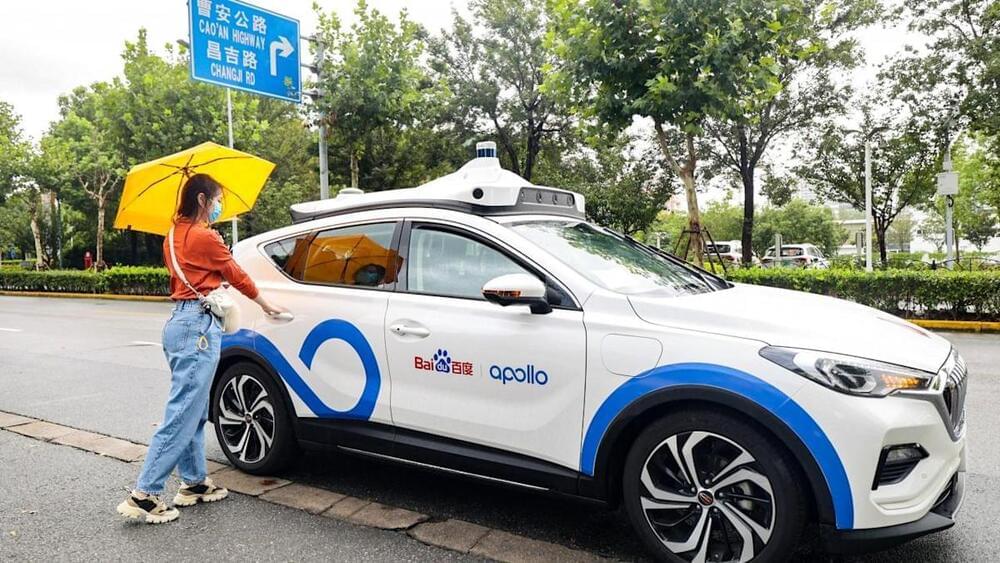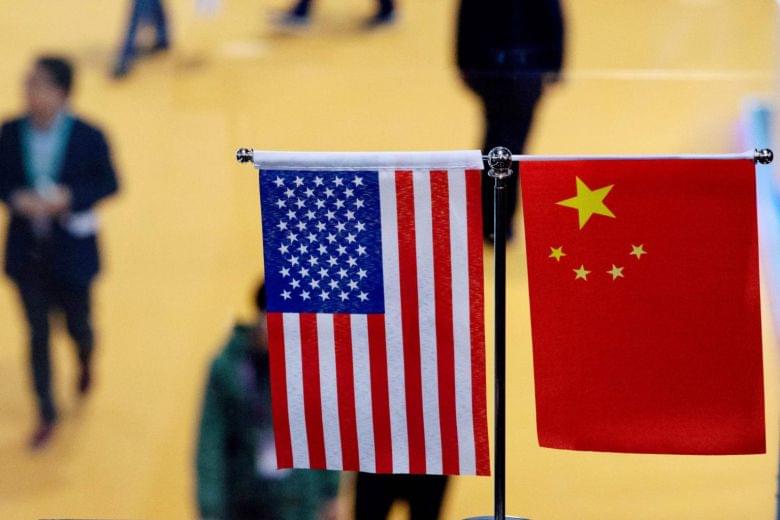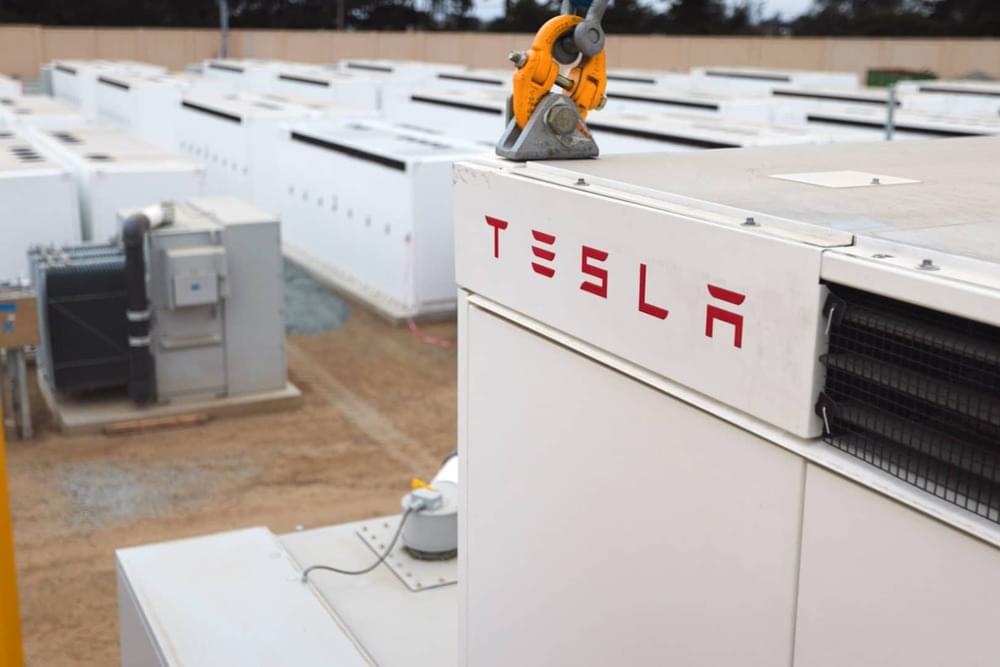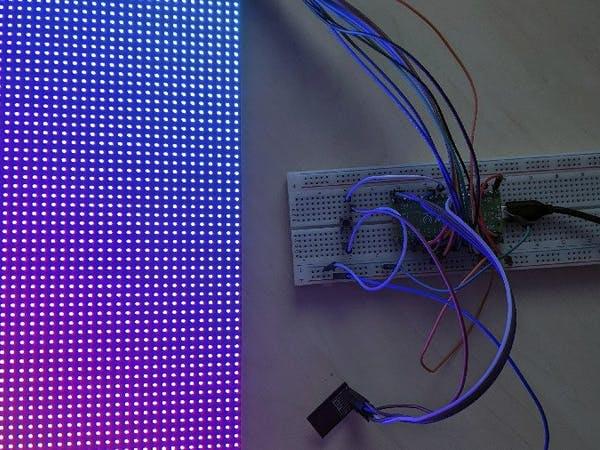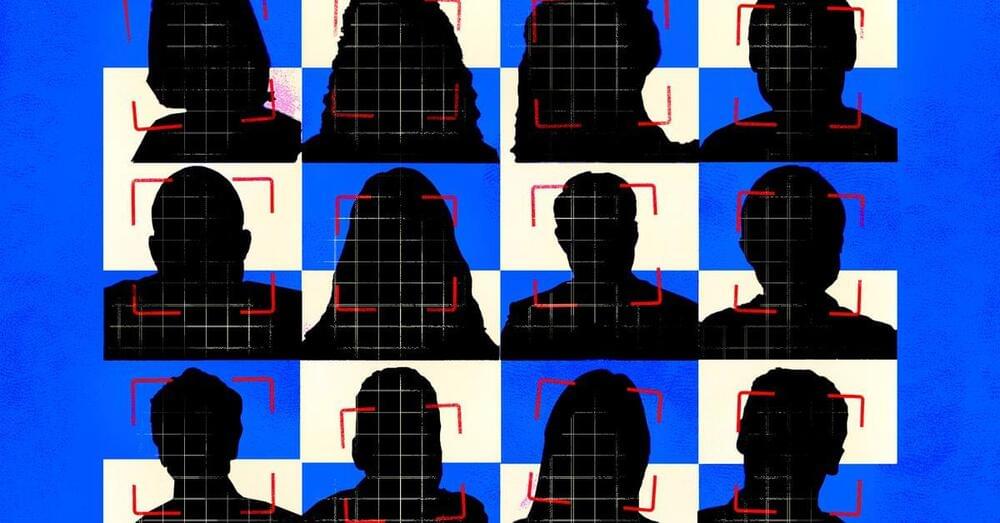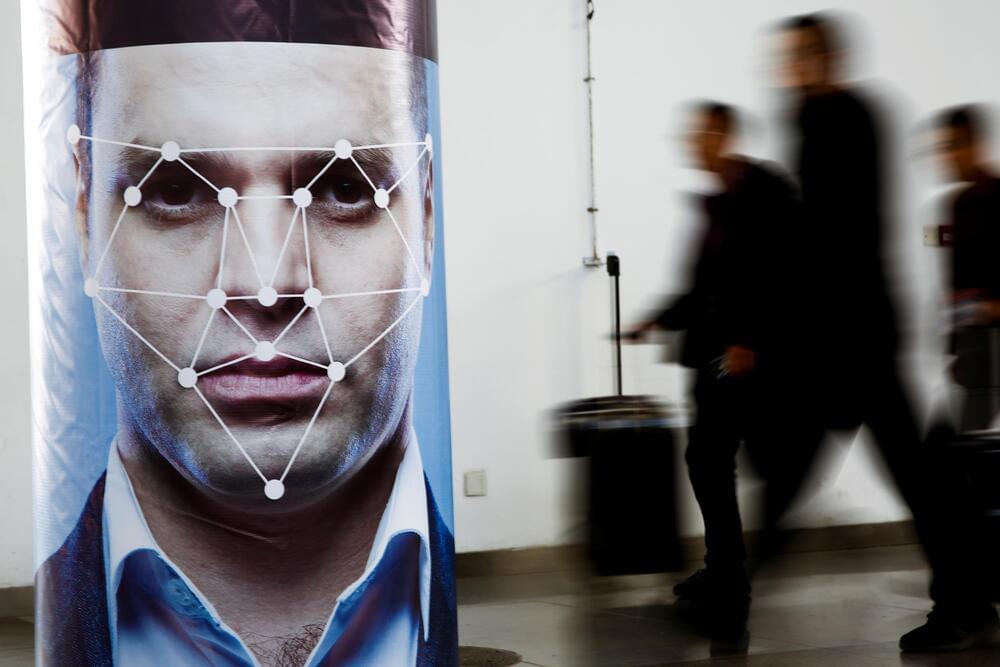According to a newly released survey from nonprofit technical organization IEEE, about one in five respondents say AI and machine learning (21%), cloud computing (20%), and 5G (17%) will be the most important technologies next year. The study examines the most important technologies in 2022, the industries expected to be most impacted by technology in the year ahead, and anticipated technology trends through the next decade.
What industries are expected to be most impacted by technology in the year ahead? Technology leaders surveyed cited manufacturing (25%), financial services (19%), health care (16%), and energy (13%) as industries poised for major disruption.
Regarding the key technology trends to expect through the next decade, an overwhelming majority (95%) agree — including 66% who strongly agree — that AI will drive the majority of innovation across nearly every industry sector in the next one to five years. Furthermore, 81% agree that, in the next five years, one-quarter of what they do will be enhanced by robots, and 77% agree that, in the same timeframe, robots will be deployed across their organization to enhance nearly every business function, from sales and human resources to marketing and IT. A majority of respondents agree (78%) that in the next 10 years, half or more of what they do will be enhanced by robots.

